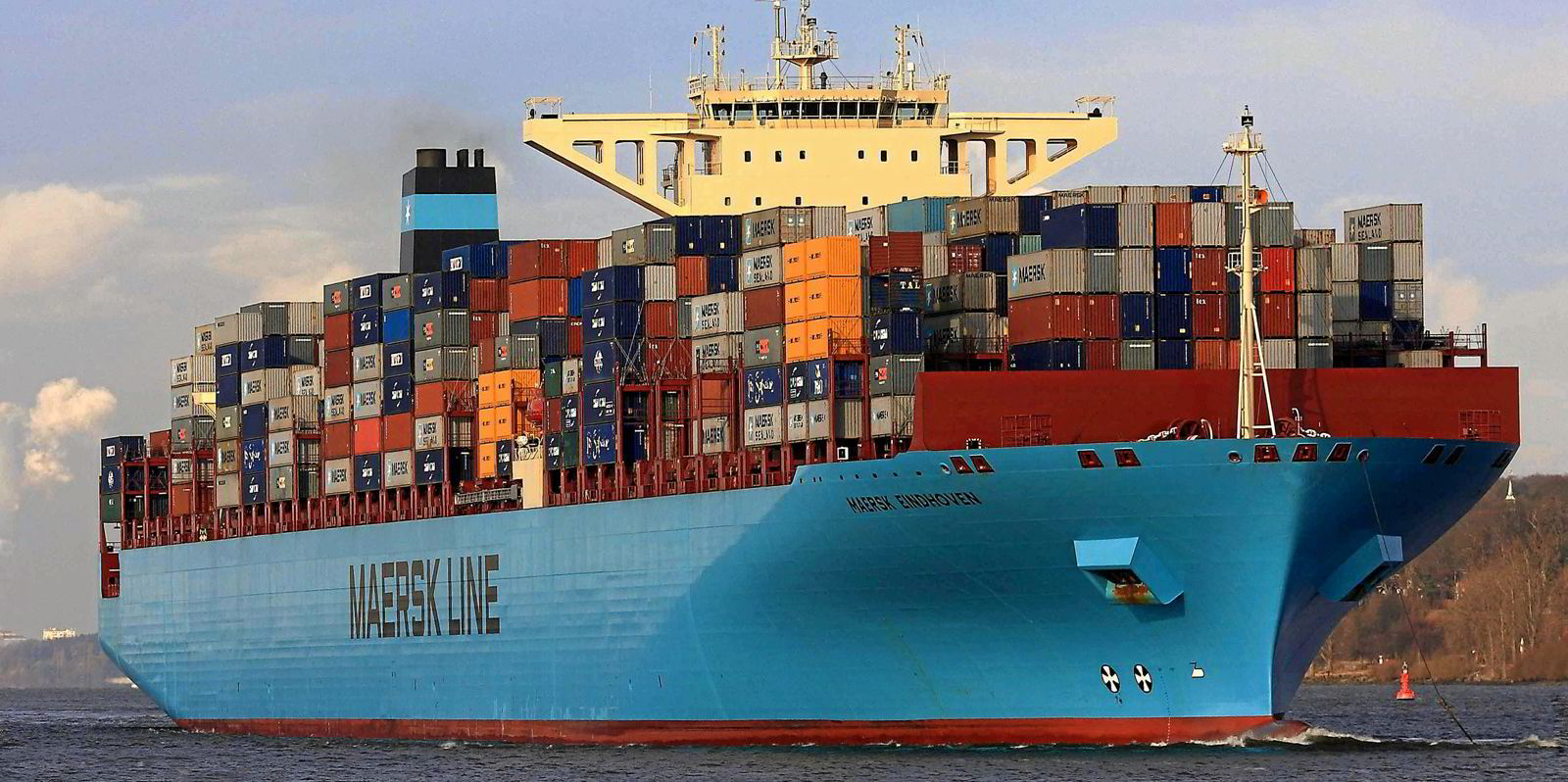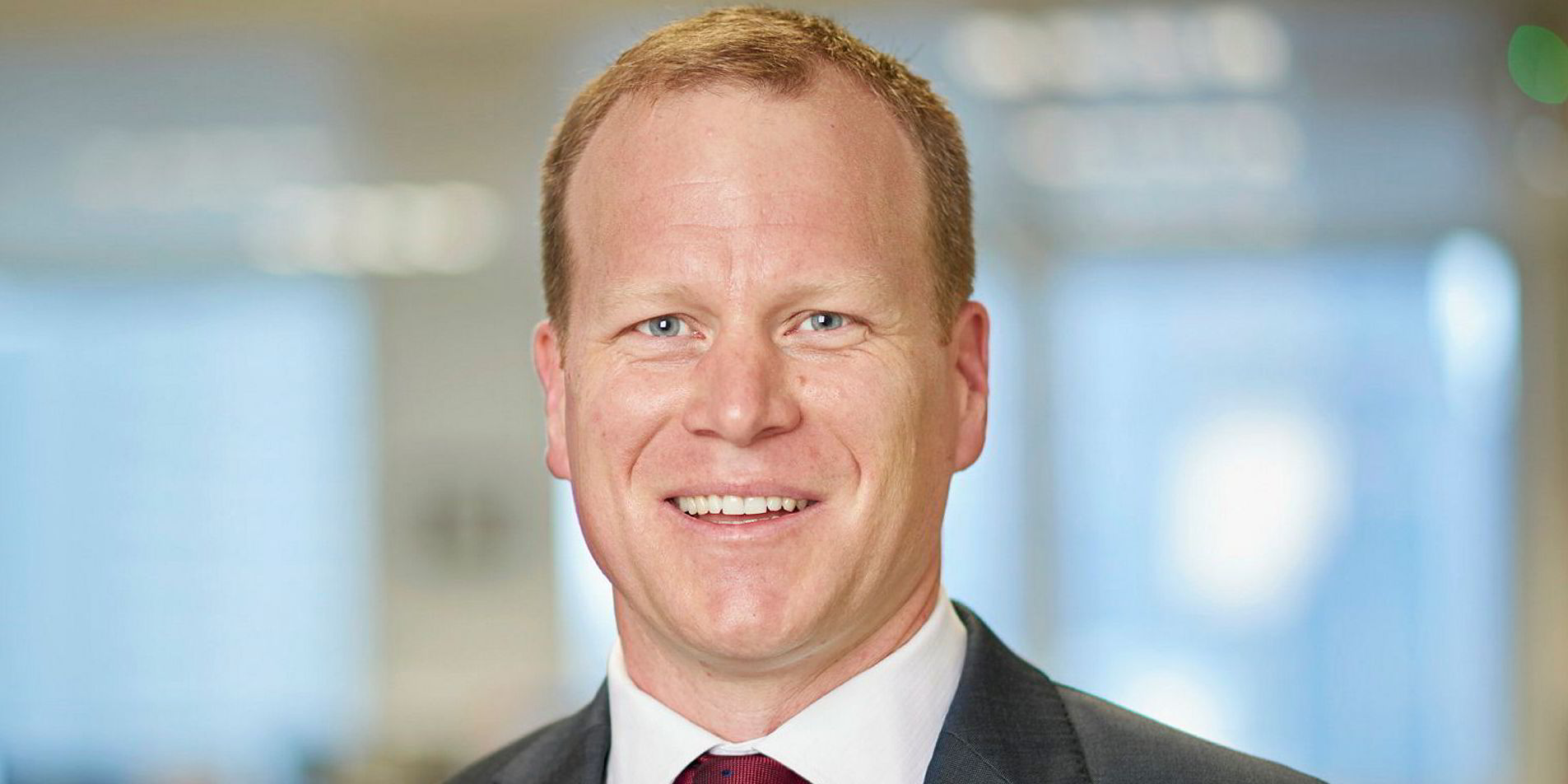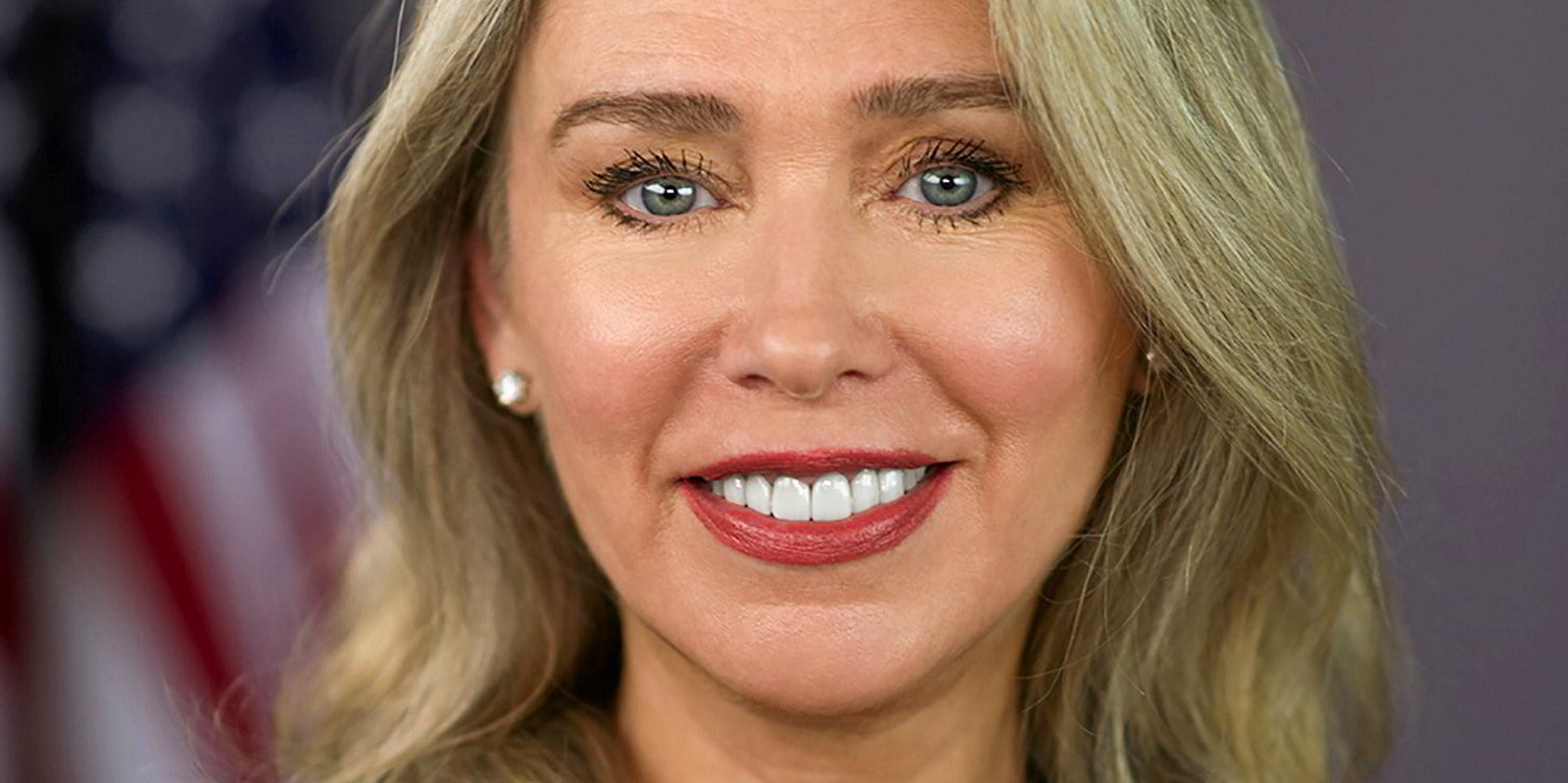The worldwide union representing seafarers is taking a closer interest in how shipowners deal with environmental, social and governance (ESG) issues.
Steve Yandell, the International Transport Workers' Federation (ITF)'s assistant coordinator for seafarers and inland navigation, said: "ESG is something the ITF will be looking at more closely.
"I think there's an increase in expectation that companies live up to the policies that they have and ... customers are looking at these sorts of things more than they were 20, 30 years ago.
"Before [ESG] it was corporate social responsibility. Now more and more you see the whole of the supply chain, and how everything is linked together. One thing can go wrong — it affects the workers. The pandemic has made that more relevant."
The ITF has a working relationship with Danish liner giant AP Moller-Maersk to solve issues where local management may not be adhering to the company's policies.
Yandell said Maersk has good corporate social responsibility policies and has signed on to the United Nations Global Compact, but in a few Latin American countries, local managers had not worked with unions. The ITF was able to get Maersk to help with that.
It was also able to work with the company on making sure seafarers have minimum standards agreements.
"We value the ITF's role in our industry," Maersk said. "We have a close working relationship with them through the years. We talk openly and freely with them on industry issues."
As part of the relationship, the union reads a statement on seafarer welfare at each Maersk annual shareholder meeting.
This year, the union praised the company's handling of the crew change crisis. It said Maersk paid for hotels in Manila and Mumbai for seafarers and chartered flights in an effort to allow crew at the end of their tours to get home and fresh crews to begin their stints.
Yandell said the ITF has relationships with other major containership owners Hapag-Lloyd and Mediterranean Shipping Co, working through the lead affiliate in each country in which the company is represented.
"On social, we look at how workers are treated in the supply chains," he told TradeWinds.
"In shipping generally, we would look at shipping companies having at least an ITF minimum standards agreement, or an equivalent collective bargaining agreement, and the rights of their workers being able to organise into unions and the treatment of workers in the supply chain."







